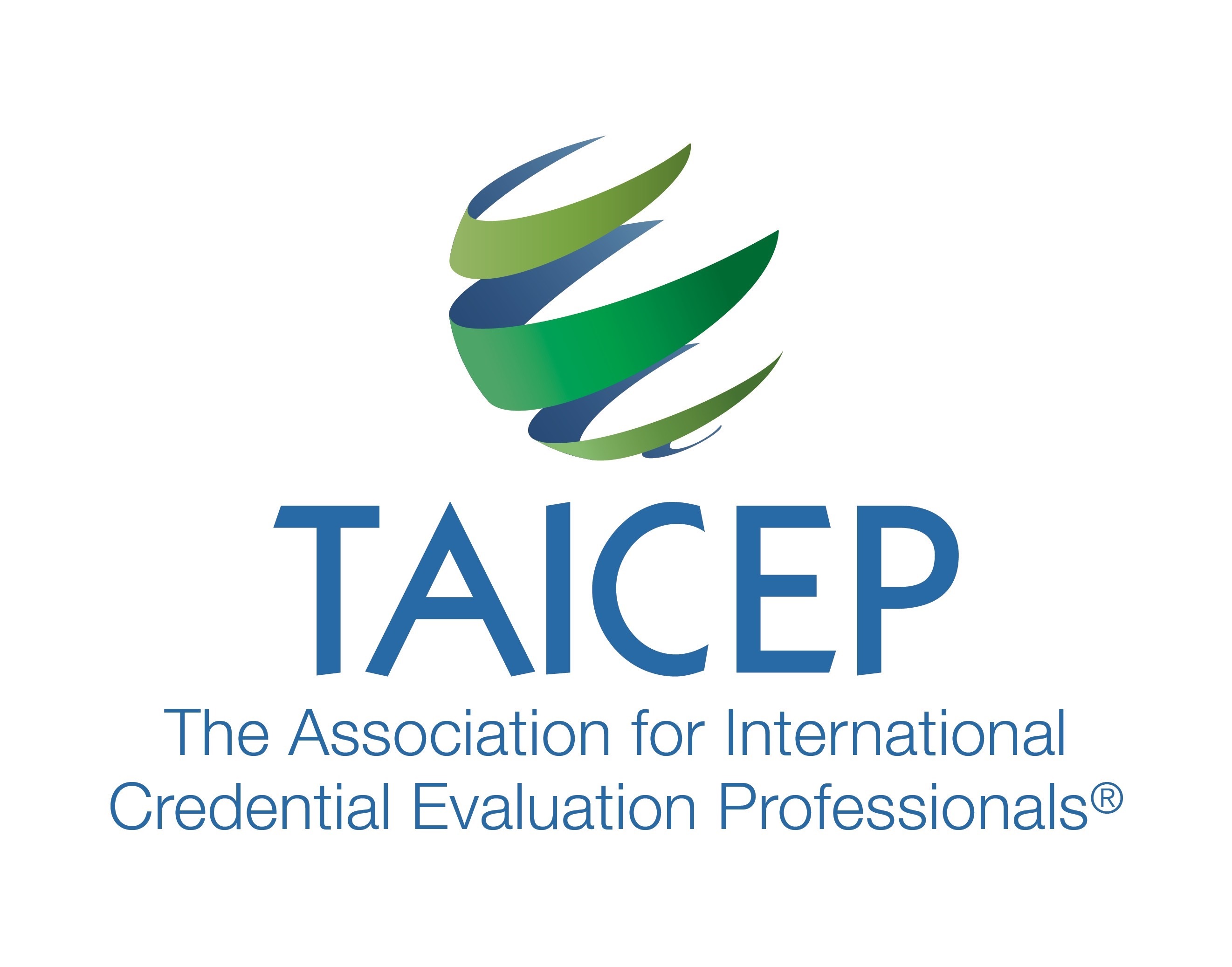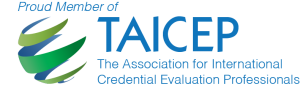Best Practices and Guidelines for Assessing the Qualifications of Refugees
The Canadian Information Centre for International Credentials (CICIC) has just published a set of best practices and guidelines that can be used by organizations to put in place an alternative qualifications-assessment procedure without access to verifiable documentation.
Such a procedure could be made available to refugees and those in refugee-like situations who may not have access to the documentation normally required for these procedures.
These best practices and guidelines are the fruit of discussions held during a two-day workshop in November 2016 and additional consultations with key sectors in and outside Canada. These led to the identification and development of:
- five different approaches that may be used, depending on the situation and type of organization;
- 13 recommended best practices and guidelines that are consistent with the Lisbon Recognition Convention (LRC) in the context of international best practices; and
- a practical worksheet developed to support organizations that are thinking of developing new policies or refining existing ones.
The pan-Canadian academic credential assessment community can now access the Best Practices and Guidelines – Final Report and a new section of CICIC’s Assessor Portal.
This initiative was financed by the Government of Canada’s Foreign Credential Recognition Program (FCRP) of Employment and Social Development Canada (ESDC).
CICIC serves as Canada’s national information centre and fulfills Canada’s obligations under the LRC. It has become a key resource for students and skilled professionals wishing to settle in or outside Canada, and for the community of academic credential assessors working for Canadian professional regulatory authorities and associations, educational institutions, and assessment services.
Last year alone, CICIC’s Web site received close to 650,000 visits (73 per cent of which were from first-time visitors), and CICIC staff responded to over 4,300 inquiries. In December 2014, CICIC launched its updated Web site. This site includes a feature that allows individuals to generate a report tailored to their particular situation by answering a few questions. In 2016, this feature was used to generate almost 9,000 reports. In February 2017, CICIC launched a new Assessor Portal—Assessor.CICIC.ca—to support the pan-Canadian community of academic credential assessors in connecting the dots on recognition.
CICIC is a unit of the Council of Ministers of Education, Canada (CMEC).
Need more information? Visit our Web site—CICIC.ca—or contact Michael Ringuette, CICIC Coordinator, at 416-962-9725, or m.ringuette@cmec.ca.
Thanks!
Thank you to our executive board, our committee members and chairs, our content contributors, TAICEP members, and our sponsors!
https://www.taicep.org/taiceporgwp/sponsorship/our-sponsors/
Inside this edition:
President’s Welcome: November 2017 Newsletter
Committee Updates: November 2017 Newsletter
Education and Licensure of Health Care Professionals in the USA: November 2017 Newsletter
International Secondary Schools: Whose Education System Is it, Anyway? November 2017 Newsletter
Memoriam to Sandy Gault: November 2017 Newsletter
TAICEP Elections: November 2017 Newsletter
TAICEP Strategic Plan: November 2017 Newsletter
TAICEP News: November 2017 Newsletter
Add to Your Library: November 2017 Newsletter
Recent TAICEP Events: November 2017 Newsletter
Upcoming TAICEP Events: November 2017 Newsletter
From the TAICEP Website: November 2017 Newsletter

